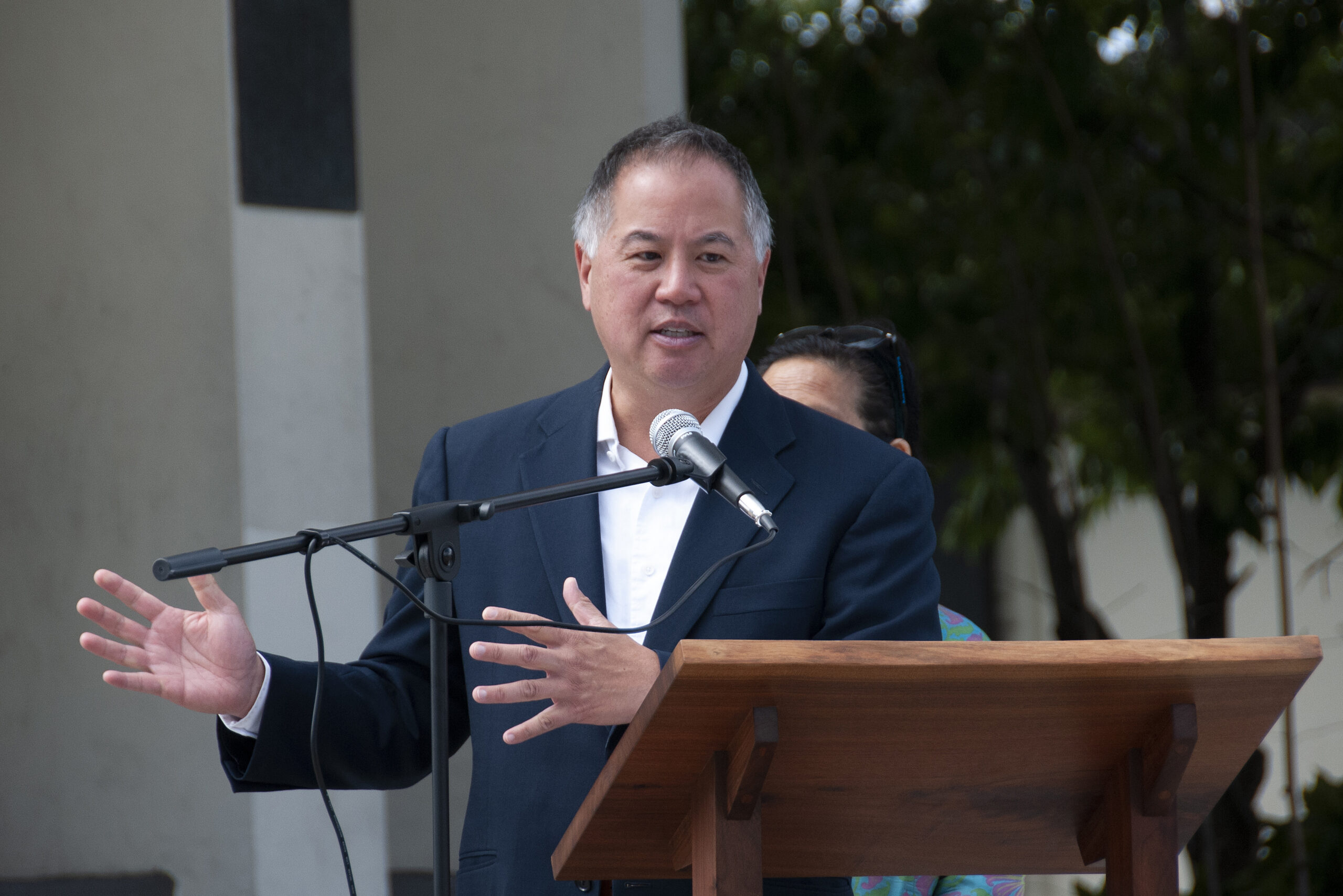After a disastrous year for Cruise, one California lawmaker wants more scrutiny on the robotaxi industry coming into 2024—and is preparing legislation that would treat robotaxis the same as human-operated vehicles when they speed or commit other moving violations.
Assemblymember Phil Ting, who represents parts of San Francisco and San Mateo County, told The Standard that he’s in the process of rolling out legislation that would further regulate driverless vehicles.
A change to existing laws has been on Ting’s mind for the past few months when it became clear that robotaxi expansion in San Francisco was leading to issues with local officials. But he’s been intimately familiar with the vehicles for years as a resident of the Sunset neighborhood where these companies piloted their products. He’s also ridden in a Cruise and deemed the experience “safe/cautious” in an X post around the time Cruise had its permit pulled by the California Department of Motor Vehicles.
“That’s my one piece of anecdotal data. … I didn’t do a Consumer Reports test,” he joked when asked about the post.
“Obviously, as they’ve started to become issues in our city, I got approached from a number of city officials asking, ‘Hey, can my office be a little bit more active simply because they were having challenges communicating with [the utilities commission], challenges communicating with DMV,” Ting told The Standard in an interview.
One area of conflict was the fact that robotaxis in California can’t be ticketed for many moving violations like speeding or reckless driving because there’s no human driver present to cite.
According to the San Francisco Municipal Transportation Agency, current state law has no mechanism for these types of violations leading to penalties barring an autonomous vehicle’s use on public roads.
Ting, who said he is consulting local lawmakers and stakeholders with on-the-ground experience with autonomous vehicles, wants to alter the current vehicle code to better enforce moving violations committed by autonomous vehicles. Similar legislation already exists in states like Arizona and Texas that allow for the operation and testing of such vehicles.
He also wants to require companies to send more data to local officials that he argues they already provide to federal agencies like the National Highway Traffic Safety Administration.
There are still some details to be straightened out, such as how police officers would enforce the law, or the extent to which company data is provided to regulators and other key agencies.
Ting has yet to speak with Cruise and Waymo about the prospective legislation, he said, but has checked in with both companies to see how they’ve been doing since getting the green light to expand their services in San Francisco (and, in the case of Cruise, later recalling its entire fleet after an incident in which a person was dragged by a robotaxi).
“Anytime you’re doing something, legislating in an area that’s brand new, there’s a whole lot of things to look at,” Ting said. “And we are still trying to figure out exactly what the details of the bill are.”
